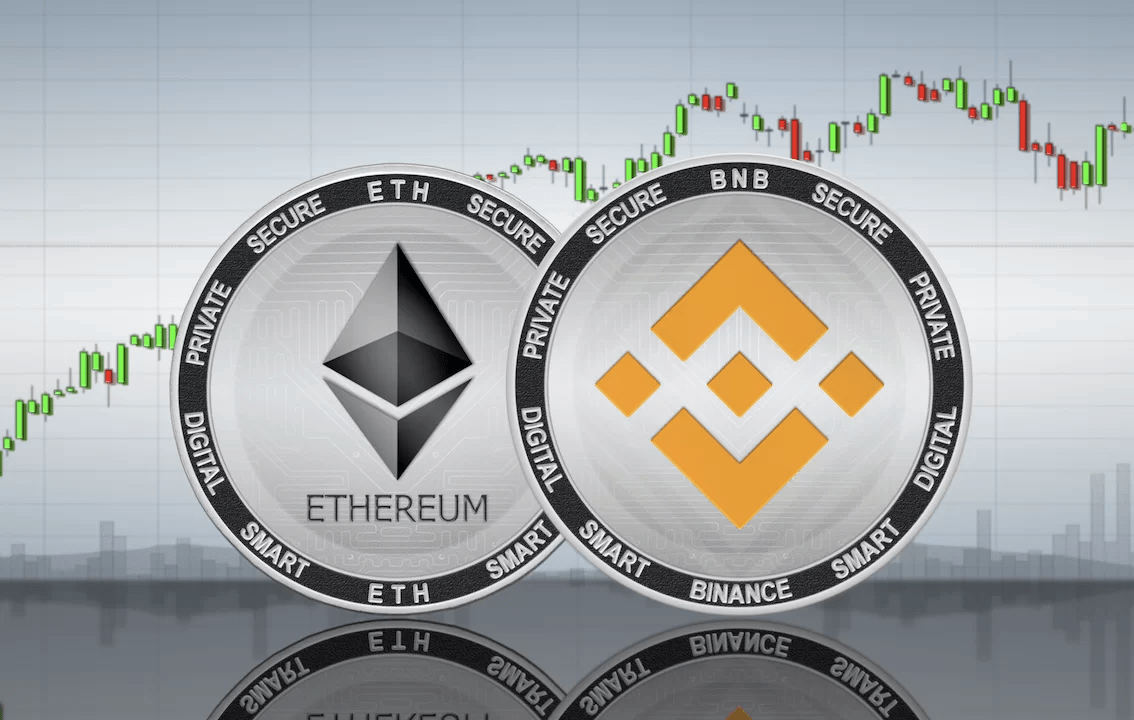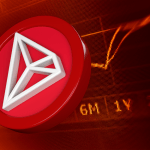The Battle for Smart Contract Supremacy In the Blockchain and Crypto Space.
The world of blockchain technology is witnessing a fierce competition between smart contract platforms. Ethereum, known for pioneering the concept of smart contracts and decentralized applications (DApps), faces a formidable challenger in Binance Coin (BNB) and the Binance Smart Chain (BSC).
Ethereum: A Pioneer in Smart Contracts
Ethereum, often referred to as the “world computer,” introduced the concept of smart contracts, which are self-executing contracts with predefined rules. Key features of Ethereum include:
Decentralized Applications (DApps): Ethereum is a hub for DApps, supporting a wide range of applications, including DeFi, NFTs, and decentralized exchanges.
Ether (ETH): Ethereum’s native cryptocurrency, ETH, serves as the fuel for executing smart contracts and transactions on the network.
Proof of Stake (PoS) Transition: Ethereum is in the process of transitioning from a Proof of Work (PoW) to a PoS consensus mechanism to improve scalability and energy efficiency.
BNB and Binance Smart Chain (BSC): A Challenger Emerges
Binance Coin (BNB) and Binance Smart Chain (BSC) are part of the Binance ecosystem, offering a formidable challenge to Ethereum:
High-Speed Transactions: BSC is known for its faster transaction speeds and lower fees compared to Ethereum, making it a preferred choice for developers and users.
Cross-Chain Compatibility: BSC allows cross-chain transfers with other Binance Chain-based tokens, enhancing interoperability.
Smart Contracts: BSC supports EVM-compatible smart contracts, enabling developers to port their Ethereum-based projects to the BSC network easily.
Use Cases and Competition
The competition between Ethereum and BNB/BSC extends across various domains:
DeFi: Both platforms have seen extensive use in the DeFi space, hosting lending platforms, decentralized exchanges, and yield farming projects.
NFTs: Ethereum remains a dominant player in the NFT market, while BSC is gaining traction with NFT marketplaces and platforms.
Token Launches: Binance Smart Chain has become a popular choice for token launches and Initial Coin Offerings (ICOs), thanks to its low transaction costs.
Interoperability: Ethereum’s vision for a future with interoperability solutions may influence its position in the long run.
Conclusion
Ethereum and Binance Smart Chain represent two of the most prominent smart contract platforms, each with its strengths and unique value propositions. While Ethereum has a rich history and widespread adoption, Binance Smart Chain has quickly gained attention for its transaction speed and cost-effectiveness. The battle for supremacy in the smart contract platform space continues, and the ultimate winner may well be the ecosystem that best addresses the evolving needs of the blockchain and crypto community. The competition, however, serves to drive innovation, benefitting users and developers alike.















